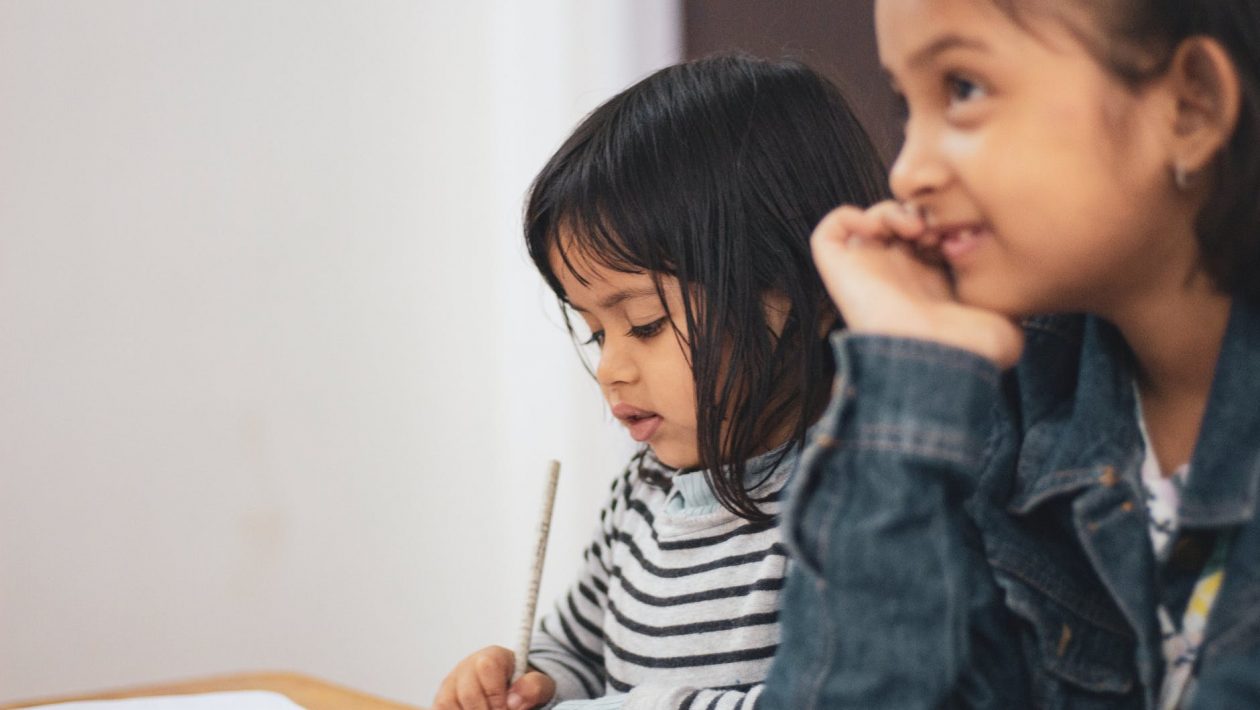During the ongoing coronavirus pandemic, most schools would have closed down as a precautionary measure. In order to ensure the least disruption to your child’s schooling, it is imperative to support the schools in homeschooling your child. You must acquaint yourself with different techniques on how to homeschool.
Most schools would be taking online lectures or sending assignments and projects through an online platform. However, you must make sure that your child is held accountable and does the required work. Learning at home during a pandemic may seem daunting, but they will surely pass through this phase with your guidance and encouragement, which you can provide in the following ways.
- Homeschool Curriculum: Ensure that your child has all the required learning material and resources, including textbooks, notebooks, and access to the internet. In case the school is not providing any instructions, you can devise a homeschool curriculum to cover the syllabus for the child. This is optional, but it will save your child from going through the stress of hurriedly completing the entire material right before exams. There are a lot of coronavirus resources (free and paid) for various curriculums. Take advantage of these resources to gain a deeper understanding of the course material.
- Accountability: At school, students are under the supervision of teachers and hence, have no choice but to complete the assigned tasks. It may seem like a holiday to your child, but they must understand that if they do not study regularly, all their work will pile up, causing later distress. Maintain healthy communication with the teachers and check the school WhatsApp group or school website regularly for any updates. Ensure that your child does not procrastinate and studies regularly. Look through their work for the day and make sure it is complete every day. If your kids are very young, you can also sit with them as they do their work to answer their questions and prevent them from getting distracted. Maintaining this discipline is key to an effortless transition from school to home and back to school.
- Study Space: A study space needs to replicate the disciplined and distraction-free environment of a classroom. Ideally, the student can learn in the place where he/she usually studies or does homework. The child already associates this space with focus and learning, making it easier to concentrate on the material. If such a space is not available, the dining room table or a coffee table can make for a good study space. Any well-lit space would work. Ensure that your child keeps this space clutter-free. Also, many children find it hard to concentrate in complete silence. Consider playing soft music in the background to help them focus.
- Schedule: Homeschooling allows for a highly flexible schedule. You can take advantage of the time zones where your child is naturally focused or is energetic. Make sure that your child attends all the online lectures and designates a specific time every day for the homework and assignments.
- In Order To Focus: Our phones and laptops offer countless ways to not finish work, although they are necessary to attend online classes. So, you can install a website blocker to prevent online distractions when your child is studying. Suggest the idea to your child and do it with their full knowledge. Trying this in an under-handed way is a sure path to conflict and misunderstanding. Keep their space free to phones. They can use the internet through a laptop.
- Extended Learning: The assignments sent by the school will be completed in much less time, simply because one-on-one instruction is faster than classroom instruction. If your child is preparing for any competitive exam for college-entrance or for an extracurricular activity, encourage them to study for those as well in the available time. Provide them with fiction and non-fiction books to satiate their entertainment needs and improve their reading skills. This is especially useful to younger kids. In case your child is lagging behind in the school curriculum, you can also help them fill gaps in their understanding by teaching them and showing them the relevant articles or videos.
- Adapt to Your Child’s Needs: Every child is different and has different needs. If your child is naturally responsible, you can take a backseat after giving them the resources, and space. Additional support can be taken as interference and a lack of trust, especially with the high-school age group. In such situations, you can check their planner (with their consent) or create a checklist, which they would maintain. This can help you assess their progress with minimal friction. On the other hand, younger kids may not take well to the idea of a video lecture and need extra care to understand their material.
- Develop Skills: Learning is not limited to a curriculum. Apart from the things children learn at school, there are various practical skills required to lead an independent life. You can teach your child anything from simple cooking, household chores, hair-combing, etc. depending on their age and interests.
- Reignite Their Hobbies and Have Fun: Homeschooling is not such a frightful experience when you schedule a time for entertainment and breaks as well. You can play board games, and other indoor games with your family to keep everyone cheerful in these times. There are various online shows, and web series that you can watch with your child. Many kids may have lost out on their once favorite pastimes like singing, journaling, dancing, painting, etc. Encourage them to practice these skills to improve and explore their abilities.
The goal of homeschooling is to create independent learners. If done properly, it inculcates a sense of personal responsibility towards ones learning, a skill valuable for the rest of their life. The coronavirus pandemic has brought with it the challenge of working and learning from home. This, if done well, can bring you closer to your children and family, and develop stronger bonds.











